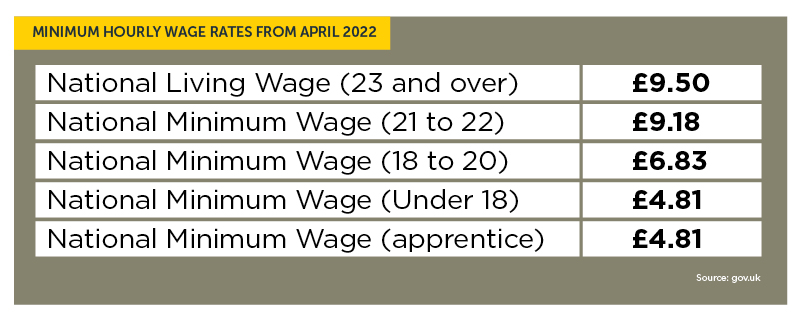Two colleges have been rated ‘outstanding’ by Ofsted this week, with one making the jump to the top rating just three years after being given ‘requires improvement’.
Chadsgrove Specialist College in Worcestershire was criticised back in 2019 by inspectors who found directors, managers and staff were “not suitably experienced in working with students” in FE.
But following an inspection in March, Ofsted said this week that the college had a highly ambitious curriculum in place, and that students were able to develop in a “safe and highly inclusive” environment.
A report for Nelson & Colne College Group in Lancashire was also published this week, with the group retaining ‘outstanding’ ratings in their first inspection since 2009.
“From the moment learners enter the college premises, they encounter a very welcoming, caring and calm environment,” inspectors said in a report about Chadsgrove Specialist College, published this week.
“Learners develop in an environment that is safe and highly inclusive. Learners are supported by experienced staff who give learners high levels of respect, care and kindness. This includes learners who require high levels of intimate care.
“Leaders and managers ensure that the highly ambitious curriculum meets learners’ individual needs and aspirations very well. This prepares learners very well for their next steps into adulthood.”
Chadsgrove Educational Trust Specialist College is an independent specialist college that provides education and training to young people aged 19 to 25 with severe and profound special educational needs and/or disabilities, including complex physical, health and medical conditions.
At the time of the inspection, there were 12 learners with education, health and care (EHC) plans who had high needs.
Ofsted rated the college ‘outstanding’ in all inspection five areas including the quality of education, behaviour and attitudes, personal development, leadership and management and provision for learners with high needs.
“Since the previous inspection, leaders have made very significant improvements to the quality of provision… Leaders and staff have high ambitions and aspirations for learners with complex needs to achieve their best,” inspectors said.
“Learners follow highly individualised programmes to increase their independence, communication, confidence and community engagement. As a result, this leads to improved life outcomes for learners.”
In a statement, Chadsgrove Educational Trust said it was “delighted” to be recognised as outstanding in its recent inspection.
“Staff, students, therapists and directors, a wonderful team, have worked unremittingly over the past three years in developing comprehensive curriculum pathways for learners with physical disabilities and complex health needs,” the statement said.
“Our sincere thanks go to this amazing team and the families that have been integral to achieving this recognition.”
Nelson & Colne College Group was also rated as ‘outstanding’ by Ofsted following an inspection that was carried out between March 15 and 18.
The group offers sixth-form provision, adult learning, apprenticeships and programmes for learners who have high needs.
At the time of the inspection, the college provided education programmes for 2,265 young people who were studying A-levels and vocational programmes from entry level to level 3.
Inspectors found that learners aged 16 to 18 make excellent progress on their programmes and that they speak positively about the support they get for their next steps.
“Learners and apprentices love being learners at the college. They describe their teachers and trainers as inspirational and knowledgeable,” the report said.
“Teachers and trainers create highly supportive, calm learning environments in which learners and most apprentices thrive. Learners rapidly build their confidence and produce work of a very high standard. Apprentices develop substantial new knowledge, skills and behaviours.”
Nelson & Colne College Group said the rating meant they are now the only college in Lancashire to be graded ‘outstanding’ under the new Ofsted framework.
“I am beyond proud to be a part of this extraordinary college group,” said chief executive Amanda Melton.
“Our focus has always been to provide the very best education and training to learners and apprentices across Lancashire, and now, after two mergers and a pandemic, Ofsted has recognised us as an ‘outstanding’ group of colleges.
“All of the colleges within Nelson & Colne College Group are now ‘outstanding’ and this is a true testament to the hard work, dedication and talent of all of our staff and students.”






